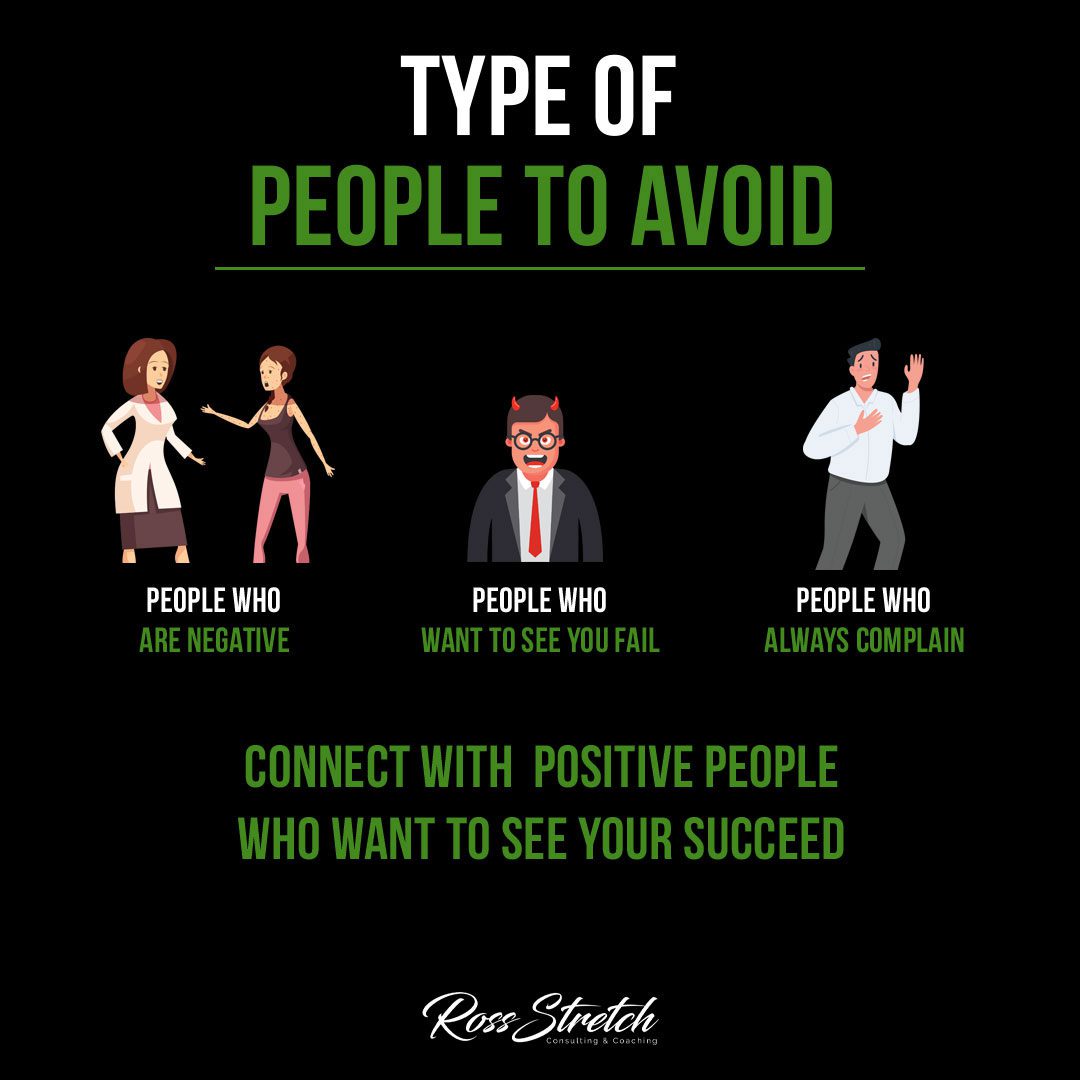In a world that often feels saturated with pessimism and doubt, it’s imperative to make conscious choices about the company you keep. The people you surround yourself with can either elevate your spirit, motivate you towards greatness, or drag you down into a quagmire of negativity. This article delves into the types of individuals that can be detrimental to your growth and well-being, emphasizing the importance of building constructive relationships.
1. The Negative Nancys
A. Pervasive Pessimism: Some people are perpetual pessimists. They constantly focus on the downsides, never seeing the silver lining in any situation. Their negativity can be infectious, potentially clouding your perspective.
B. Impact on Well-being: Continuously being around negativity can take a toll on your mental health. It’s crucial to recognize the effect such individuals can have on your mindset and take steps to distance yourself when necessary.
2. The Naysayers
A. Reveling in Failure: There exists a category of people who derive satisfaction from seeing others stumble. They may disguise their malice as concern or feigned surprise, but their intentions are far from pure.
B. The Need for Validation: Often, these naysayers project their insecurities onto others. By highlighting someone else’s failures, they seek validation for their own shortcomings or inaction.
3. The Chronic Complainers
A. Everything’s an Issue: No matter the situation, some individuals will find something to complain about. Be it the weather, their job, or the coffee they just bought; there’s always something amiss.
B. Draining Energy: Continually listening to complaints can be mentally exhausting. It saps the energy and enthusiasm out of interactions, making even pleasant activities feel like chores.
4. The Power of Positive Connections
A. Mutual Growth: By surrounding yourself with positive, motivated individuals, you create an environment conducive to growth. Such relationships are built on mutual respect, understanding, and the shared joy of witnessing each other’s successes.
B. Mental Well-being: Positive interactions and relationships play a pivotal role in mental health. They provide a support system, a sounding board, and often, a much-needed distraction from life’s trials and tribulations.
C. Professional Success: In a professional setting, positive connections can open doors to opportunities. Networking with individuals who genuinely wish to see you succeed can lead to collaborations, partnerships, and mentorships.
Conclusion
The adage “You are the company you keep” rings true now more than ever. Making an effort to cultivate positive relationships and distancing oneself from negativity can be the difference between a life filled with growth, joy, and success, and one bogged down by pessimism and stagnation.


